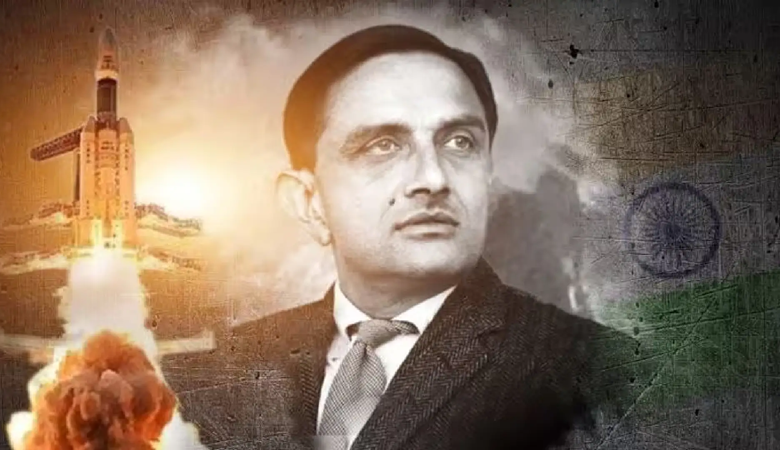Vikram Sarabhai: The Visionary Behind India’s Space Odyssey

News Mania Desk/Agnibeena Ghosh/12th August 2024
Vikram Sarabhai, often hailed as the father of the Indian space programme, played an instrumental role in propelling India into the realm of space exploration and scientific advancement. As we commemorate his birth anniversary today, it’s worth reflecting on his remarkable journey and the indelible impact he left on India’s scientific landscape.
Born on August 12, 1919, in Ahmedabad, Vikram Sarabhai came from a prominent family of progressive industrialists. He was one of eight children born to Ambalal and Sarla Devi Sarabhai. His early education took place at a private school named ‘Retreat,’ which was run by his parents. This nurturing environment undoubtedly helped shape his inquisitive mind and passion for science.
Sarabhai’s academic journey took him to Cambridge, where he pursued his higher education. He completed his tripos in Natural Sciences from St. John’s College in 1940. However, the outbreak of World War II prompted him to return to India, where he joined the Indian Institute of Science in Bengaluru as a research scholar under the guidance of the renowned physicist C.V. Raman. During this period, Sarabhai developed a keen interest in solar physics and cosmic rays, leading to the establishment of several observation stations across the country.
In 1945, Sarabhai returned to Cambridge to further his studies and completed his Ph.D. in 1947. Shortly thereafter, he founded the Physical Research Laboratory (PRL) in Ahmedabad in November 1947. Initially housed in a few rooms at the MG Science Institute of the Ahmedabad Education Society, the laboratory received crucial support from the Council of Scientific and Industrial Research (CSIR) and the Department of Atomic Energy.
Sarabhai’s influence extended far beyond PRL, as he played a pivotal role in several other organizations. In 1962, he established the Indian National Committee for Space Research (INCOSPAR), which eventually paved the way for the creation of the Indian Space Research Organization (ISRO). This marked a significant milestone in India’s quest to explore space.
The establishment of ISRO remains one of Sarabhai’s most enduring contributions to the nation. After the Soviet Union’s successful launch of Sputnik, Sarabhai recognized the need for a space programme in India and successfully convinced the central government of its importance. With the support of Dr. Homi Jehangir Bhabha, another towering figure in Indian science, Sarabhai set up the country’s first rocket launching station at Thumba, near Thiruvananthapuram, on the coast of the Arabian Sea. The first successful launch from this station occurred on November 21, 1963, carrying a sodium vapour payload, a momentous event in India’s space history.
Sarabhai’s contributions extended beyond space research. His passion for science education led him to establish the Vikram Sarabhai Community Science Centre in Ahmedabad in 1966, which continues to inspire young minds to this day. His exceptional work earned him several accolades, including the Shanti Swarup Bhatnagar Medal in 1962. He was also honored with the Padma Bhushan in 1966 and posthumously awarded the Padma Vibhushan in 1972.
Vikram Sarabhai passed away on December 31, 1971, leaving behind a legacy that continues to inspire generations of scientists and innovators. His vision and dedication laid the foundation for India’s space programme, making him a true pioneer in the field of science and technology.






